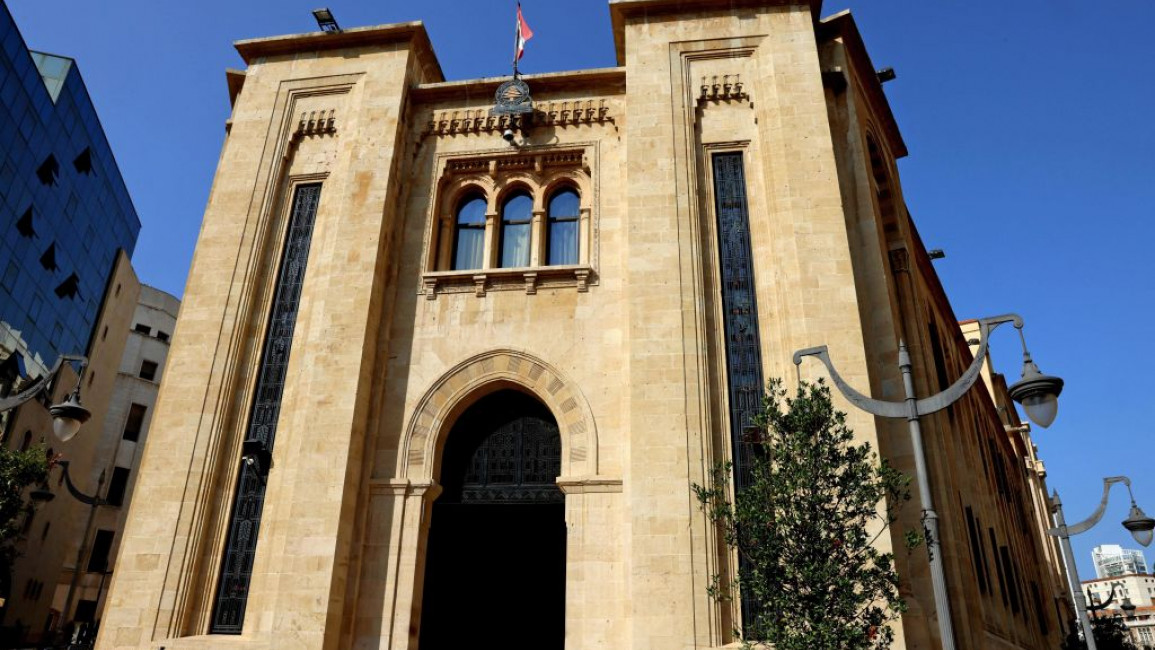Amnesty launches campaign to reform Lebanon's 'oppressive' defamation laws
Amnesty International called for the reform of insult and defamation laws in Lebanon on Tuesday, which they say are being used to silence critical voices in the country.
The Amnesty-led campaign, titled #MyOpinionIsNotaCrime, comes as dozens of individuals, including journalists, have been summoned for interrogation and prosecuted over defamation and insult complaints.
Aya Majzoub, Deputy Director for the Middle East and North Africa at Amnesty, said: "Lebanon's insult and defamation laws are designed to protect those in power from all forms of criticism."
"High-ranking officials are targeting journalists, human rights defenders, activists and others who are peacefully expressing their opinions and working to expose allegations of corruption."
📣 Defamation & insult laws are being used by Lebanese authorities & powerful individuals to silence people who criticize them or try to expose their misconduct or alleged corruption.
— Amnesty MENA (@AmnestyMENA) August 8, 2023
Authorities must abolish all laws that criminalize insult and defamation.#MyOpinionIsNotaCrime pic.twitter.com/E4RLQUV1N0
Amnesty believes that Lebanon's defamation laws "fail to meet international human rights standards and unduly restrict the right to freedom of expression" with punishments disproportionate to any reputational harm caused.
75 people were summoned on defamation and insult charges between 17 October 2019 and 24 June 2020 when a protest movement against Lebanese authorities was in full swing, resulting in the resignation of Prime Minister Saad Hariri and other key figures.
These summons have continued since then. Most recently, Lebanese journalist Dima Sadek was handed a one-year sentence and a fine of LBP 110 million, equivalent to $1,200, on defamation charges for criticising the Free Patriotic Movement party on Twitter.
Majzoub called the arrest "a travesty, and an illustration of how archaic criminal laws are being weaponised to punish or silence dissent".
Similar incidents have affected Jean Kassir, founder of the Megaphone media platform and Lara Bitar, editor-in-chief of Public Source, who were both summoned for interrogation over defamation complaints in separate incidents this March.
"We are in a country where there are no guarantees for freedom of expression and freedom of the press," said Kassir.
He described the summons as an "intimidation attempt and a political message against us".
The Amnesty campaign aims to see a reform of defamation laws to ensure that both reputations and freedom of speech are protected.



